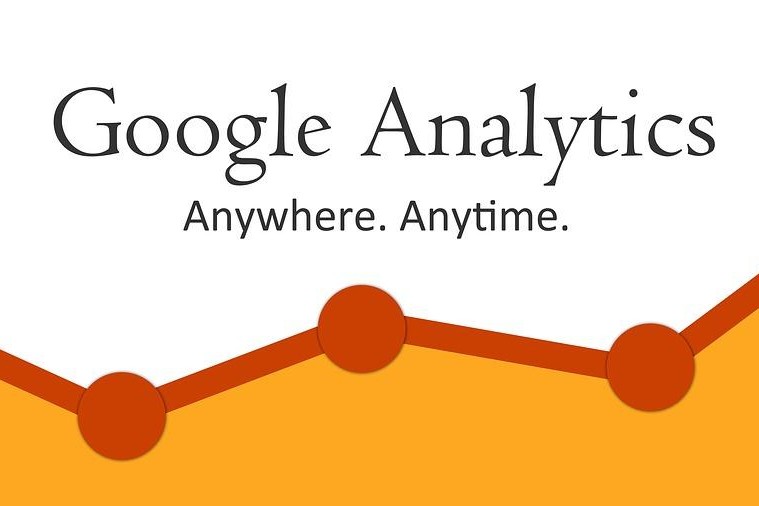Once upon a time, long, long, long ago, shopping was easy. Yes, I know what you’re thinking: “Lies! I don’t even have to leave my house now; everything’s a click away.” You’re right. The convenience factor has drastically improved, but the sheer volume of choices we now have can make it far more complicated.
What brand should I buy? What retailer site should I visit? This product has a 4-star review by 143 of my peers, but that one has a 3.8-star review from 7,810 of my peers. This store offers 20% off my total purchase, but that one offers free shipping.
It’s a lot to think about.
Today, products and services are available in abundance; the same is true about the retailers or providers from which we choose to purchase those products and services. So how does one company shine through the rest or stand out in the sea of “lowest-price” tactics?
The answer? Education, or in this case, running an educational marketing campaign.

Why Educational Marketing Campaigns Work
Yes, consumers often make decisions on price points, but in today’s highly competitive online environment, more often than not, prices are typically neck-and-neck, limited-time sales and deep promotional discounts representing the occasional exception. In the end, the decision comes down to how trustworthy and credible a brand is perceived.
Both of those essential attributes can be established or increased by educating your audience. Further, the best way to build credibility and trustworthiness is, you guessed it, informative, quality content.
Here’s why. Sales, contests, giveaways, etc., are all great tools to increase traffic and in some cases (like discounts and product promotions) immediately increase conversions. However, those tactics are geared towards immediacy, not longevity; the customer has only visited your site in the hopes of receiving an immediate return, i.e., a lower price or a free product, service, or experience.
Educational campaigns, on the other hand, aim to create loyal, long-term customers by increasing brand awareness, a result that that can lead to both immediate and future sales.
Educational Content at Work
Though the warm days of summer are behind us, one outdoor loving consumer is already planning their spring project: a gorgeous backyard getaway. They plan on installing an in-ground pool, a koi pond, and an expansive stone patio.
As they spend the next few weeks or months daydreaming, researching, and planning, they take to the internet, as most of us do, and they begin to collect ideas. Along the way, they land on Backyard Bliss, a local contractor’s website that’s also home to the company’s regularly updated blog.
Here, they find really great information, including an infographic detailing the difference between saltwater and chlorinated pools, a list of “the top plants for your backyard pond,” and an article that promises to help them choose the best stone for their next patio project.
At the start of their search, they were simply looking for information or doing some daydreaming on their lunch-hour, but something more happened along the way. That contractor’s blog has continuously acted as a solid source of advice, and now that they’re about to start getting estimates, who do you think they’ll call first? Backyard Bliss, of course.
Our fictional contractor could have posted rave reviews about his work or ran an off-season special, but instead (or in addition too – he’s a highly motivated type of guy) he empowered potential customers by giving them the education they needed to make well-informed decisions, regardless of whether or not that included his business. In doing so, he increased his trustworthiness and credibility while getting his brand out there in a non-intrusive, passive way, catching potential customers in the Awareness stage of that all-important purchasing funnel.
The example may have been specific to one industry, but the concept is universal. When you take the time to educate your target audience, as opposed to constantly and blatantly selling to them, they begin to see your brand as a reliable resource and subsequently, a top choice when it comes time to make a purchase.
In addition to creating credibility, educational campaigns can also lead to increased backlinks, boosted search engine ranks, and increased social metrics. All of which work to place your brand in front of the eyes of even more consumers. It’s a win-win campaign scenario.
When done right, educational marketing campaigns represent invaluable tools in your marketing arsenal. As you plan your content strategy, think about the problems your audience may face and the solutions you have to offer, not only in products and services but in sought after information. It may not equate to immediate ROI influxes, but it will lead to credibility and long-term brand loyalty, something that is often far more valuable.



